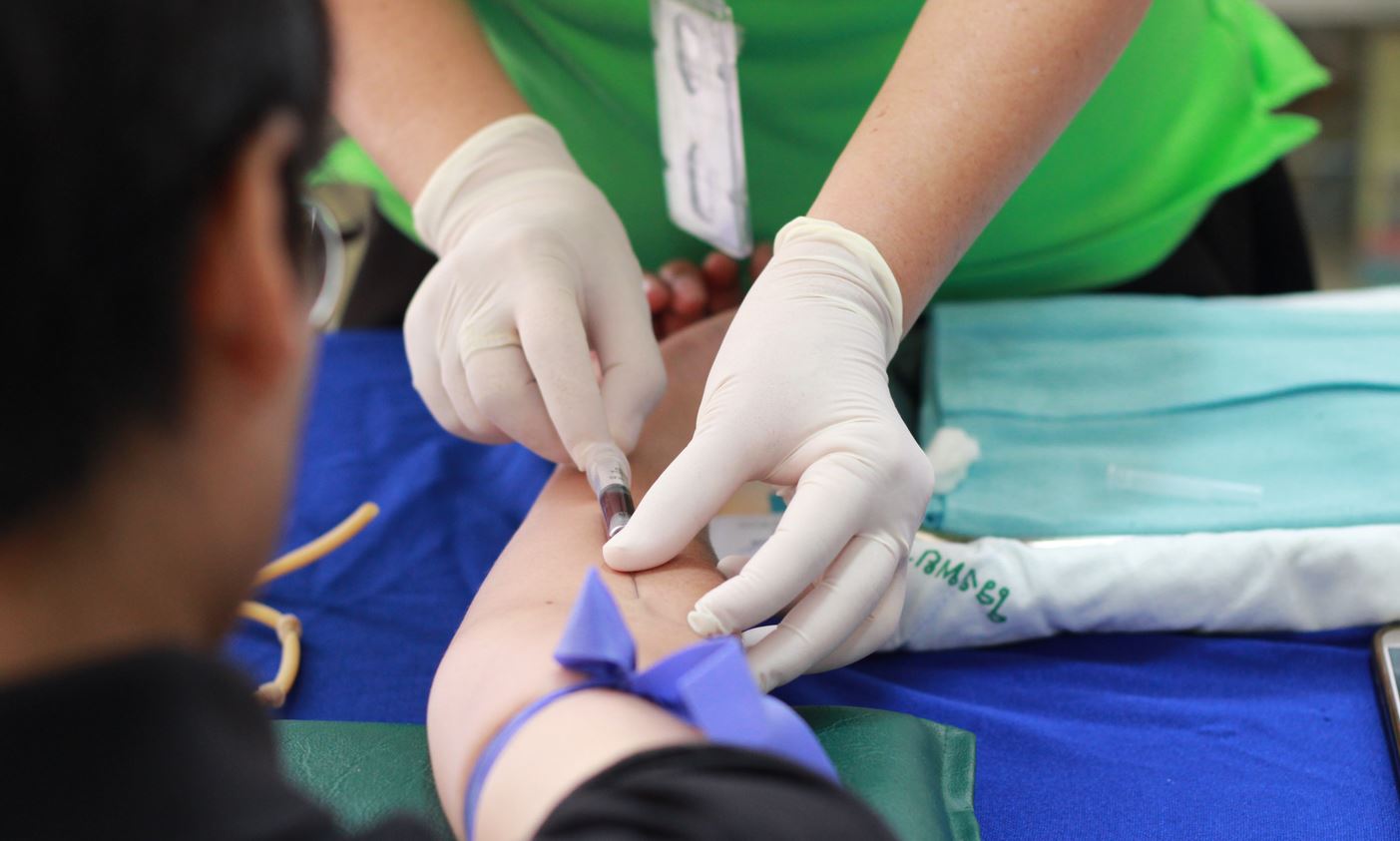Your doctor committing fraud is one of the last things you’re probably thinking about while you’re at a doctor’s appointment. After all, these are the people that we entrust with our health. These professionals are meticulously selected through a wide variety of methods and are evaluated according to metrics that a particular patient deems essential to his or her care.
We tend to choose our doctors according to location and how they interact with us in person. Convenience is primary, especially when you consider that there’s really no way of determining a doctor’s quality of care unless you’re already being treated. It’s even more difficult to spot doctor-committed fraud because people who are sick are vulnerable and somewhat at the mercy of the person we put in charge of our care.
To Hear Of Doctors Involved In Schemes Is Not New News
We’ve heard of companies bribing doctors to prescribe treatments to patients who might not need it. We’ve heard of doctors engaged in kickback schemes and those who perform tests and procedures that aren’t even necessary. And yet, many people fall victim to these schemes. This is because of one thing:
Medical Fraud Is Difficult To Prove
The greatest barrier is the fact that federal courts are intolerant of baseless allegations. The fact that many of these allegations can be dismissed during the first defensive pleading doesn’t help either. This means that you have to have all the facts prepared, with these facts providing answers to the What, Where, When, Who, and How a fraud was committed. These particulars are all required in order for an allegation to even be considered, and failure to satisfy these basic questions can spell the end for your case with a motion to dismiss.
Take note that this is not a measure that is set with the intention of protecting fraudulent doctors, but rather, it is a measure to shield doctors from false accusations.
Modern Problems Require Modern Solutions
Even as medical fraud is difficult to prove, there are ways to gather evidence. And better yet, there are ways to avoid fraudulent doctors. A bit of vigilance and technological know-how are more than enough to help you steer clear of fraudsters. The simple act of reading about your condition and being on the lookout for unnecessary tests and treatments can already give you an idea.
Furthermore, if you find incorrect information on your Explanation of Benefits statement such as finding that the date is wrong, or you see a service listed that you didn’t get, then you might want to consider reporting a suspicious EOB. You don’t necessarily have to file a claim immediately, as this is a common mistake.
If you truly suspect that your doctor is involved in fraud, it’s best to enlist the help of professionals. You can call the anti-fraud hotline, and you can also consider getting help from digroup-us.com.
Despite the tone of this piece, most doctors are trustworthy. The difficulty here is that the wolves tend to blend in with the herd. Again, a bit of vigilance and knowledge never hurt. If you feel that you’re being defrauded, you need to gather the facts and evaluate them before coming to a conclusion. This is especially true for doctors who deem compounded medication necessary.




